In the world of personal finance and investment, preparing for retirement is a top priority for individuals seeking financial security and independence during their golden years. One powerful tool for retirement planning is the Individual Retirement Account (IRA). In this article, we will explore what an Individual Retirement Account is, how it works, the different types of IRAs, why they matter to investors, and their significance in the context of investment.
What is an Individual Retirement Account (IRA)?
An Individual Retirement Account, commonly known as an IRA, is a tax-advantaged investment account specifically designed to help individuals save for retirement. IRAs offer a range of tax benefits, including tax-deferred or tax-free growth on investments, depending on the type of IRA and the contributions made. These accounts are available to eligible individuals in the United States and provide a flexible and accessible way to build wealth for retirement.
How Do IRAs Work?
IRAs work by allowing individuals to contribute money into the account, invest those funds in a variety of assets such as stocks, bonds, mutual funds, and more, and then enjoy the benefits of tax advantages that can enhance the growth of their retirement savings over time. Here's a breakdown of how IRAs operate:
1. Contributions: Individuals can make annual contributions to their IRA accounts, subject to certain limits established by the IRS. The contribution limits may vary depending on the type of IRA and the individual's age.
2. Tax Benefits: IRAs offer tax advantages that can include tax-deferred growth or tax-free withdrawals in retirement, depending on the type of IRA. Traditional IRAs offer tax-deferred growth, while Roth IRAs provide tax-free withdrawals in retirement.
3. Investment Choices: IRA account holders have the freedom to invest in a wide range of assets, allowing them to build a diversified portfolio that aligns with their risk tolerance and retirement goals.
4. Withdrawals: IRAs are intended for retirement savings, and there are rules and penalties for early withdrawals before the age of 59½. However, certain exceptions and qualified distributions may be exempt from penalties and taxes.
5. Required Minimum Distributions (RMDs): Traditional IRAs require account holders to begin taking annual withdrawals, known as RMDs, after reaching the age of 72 (formerly 70½), to ensure that the IRS collects taxes on the funds.
Types of IRAs:
There are two primary types of IRAs, each with its own set of rules and tax benefits:
1. Traditional IRA: Contributions to a traditional IRA may be tax-deductible, potentially reducing an individual's taxable income for the year in which contributions are made. Gains within the account grow tax-deferred, meaning they are not taxed until withdrawals are made in retirement.
2. Roth IRA: Roth IRAs differ from traditional IRAs in that contributions are made with after-tax dollars, meaning they are not tax-deductible. However, qualified withdrawals in retirement are entirely tax-free, including both contributions and investment gains.
Why IRAs Matter to Investors:
IRAs are highly significant in the world of investment for several reasons:
1. Tax Advantages: IRAs offer tax benefits that can help investors maximize the growth of their retirement savings, either by deferring taxes (traditional IRA) or enjoying tax-free withdrawals (Roth IRA) in retirement.
2. Control and Flexibility: IRA account holders have control over their investment choices, allowing them to tailor their portfolio to their risk tolerance, time horizon, and financial goals.
3. Supplemental Retirement Income: IRAs can serve as a powerful tool for building supplemental retirement income in addition to other retirement accounts, such as employer-sponsored 401(k)s.
4. Estate Planning: IRAs can be used as part of estate planning strategies to pass on assets to heirs and beneficiaries.
5. Portability: IRAs are typically not tied to an employer, providing individuals with greater flexibility and control over their retirement savings, even when changing jobs.
Significance in the Context of Investment:
IRAs play a vital role in helping individuals prepare for retirement, offering tax advantages that can significantly boost the growth of their savings. They provide a tax-efficient vehicle for investing in a wide range of assets and building wealth over the long term. Whether it's through a traditional IRA, a Roth IRA, or a combination of both, these accounts empower investors to take control of their retirement planning, secure their financial future, and achieve the retirement lifestyle they envision.

